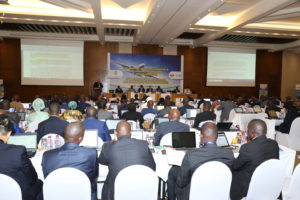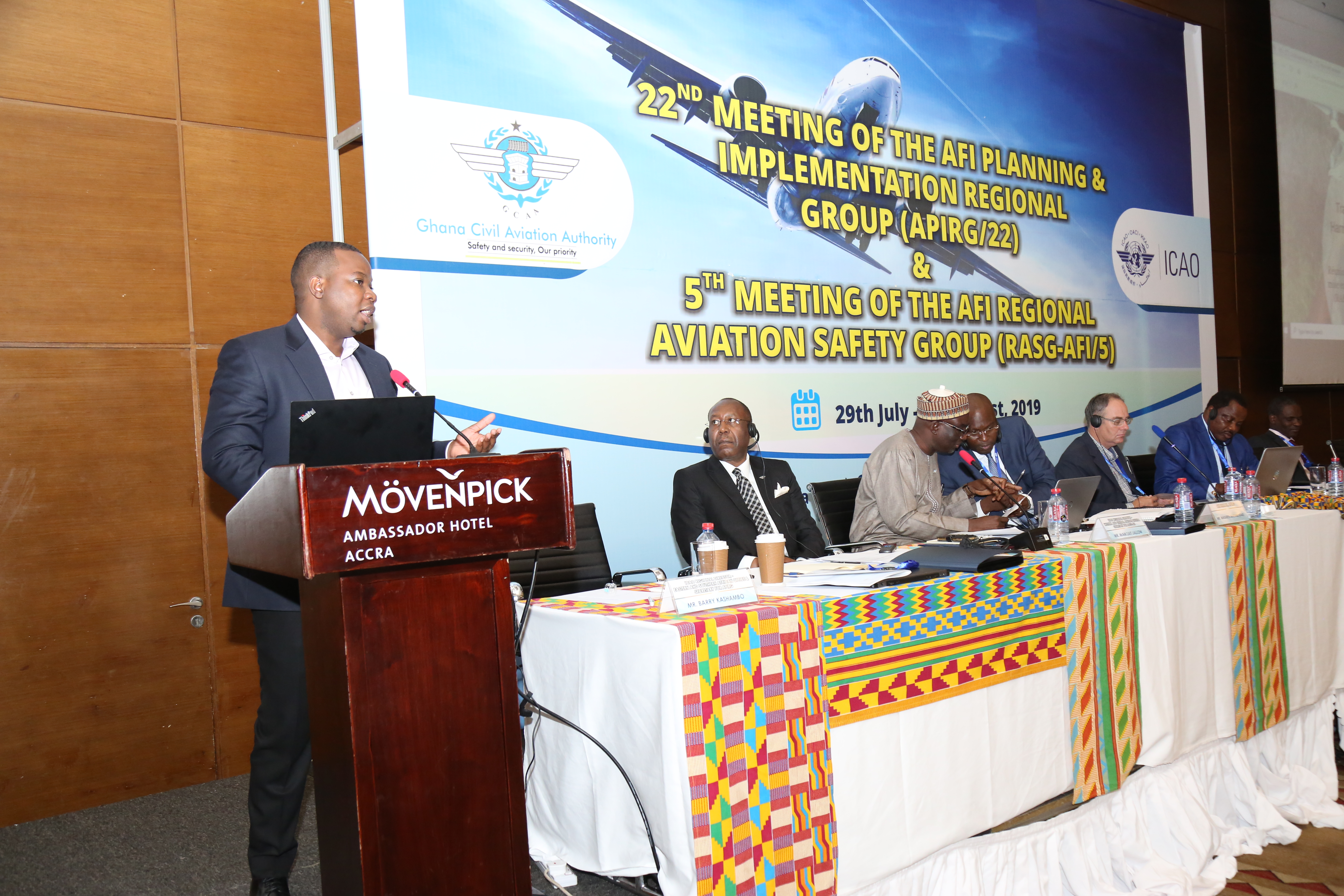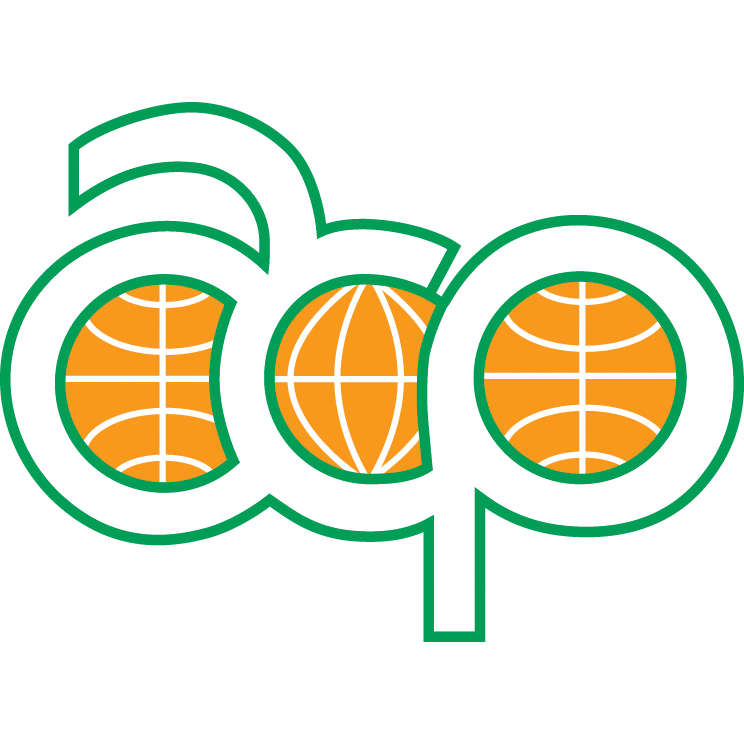With decision EX.CL/Dec. 986-1007 (XXXII), the African Union (AU) has established one of the most important incentives for its member states – to use drones to boost Africa’s development and accelerate transformation on the continent. Indeed, drones have been used to solve many development problems in the fields of agriculture, health, infrastructure monitoring, surveying, and soil mapping, among others, and have the potential to find further applications.
In spite of this promising incentive, progress has not been made in terms of harmonizing regulations around Africa’s drone use. As of July 2019, for example, 60% of African countries still did not have regulations in place, or simply restricted the use of the technology. In some countries, such as Benin, Côte d’Ivoire, Ghana, Nigeria and Senegal, drone users do refer to official regulations that guide their operations. Other countries, such as Mali and Mauritania have some reference to drones in their aviation regulations; Egypt and Libya, on the other hand, have banned their use altogether.
Such restrictions, and the lack of harmonization for regulations that do exist, make it hard for drone operators to provide their services across boundaries. These issues are compounded by the inadequate presence of accredited training centers – which are currently limited to South Africa alone – and the limited number of licensed pilots. Both factors pose serious challenges to the development of the drone industry in Africa. Moreover, self-taught drone operators do not always have the required knowledge and skills to operate drones safely.
In order to help address these shortcomings and build on an existing and tested curriculum for drone pilots, Global Partners SARL is implementing the project “Training Africa’s Drone Pilots in a Harmonized Regulatory Environment“. The project is supported by CTA and works in collaboration with the School of Aviation at Eastern Kentucky University (EKU), which has established a comprehensive course for drone pilots in the US and has a strong track record of training pilots and professionals in aerospace management. The project comes under the framework of a larger, continent-wide intervention, Eyes in the Sky, Smart Techs on the Ground, which currently covers 21 countries.
Specifically, the intervention aims to train drone pilots by building on the EKU curriculum and offering the course online. Providing the curriculum as ‘blended learning’ (online and class-based lessons) will help address the lack of qualified training centers and allow drone users to acquire the theoretical knowledge and practical skills necessary to obtain drone pilot certification.
Two countries, Benin and Senegal, have been chosen to host the initial phase of this project. In Benin, the project involves the training of both secondary school and university students. According to Dr. Abdelaziz Lawani, the project’s principal investigator, the first drone training curriculum has been developed and will be implemented in Benin during the pilot phase. Workshops are also to be held with civil aviation authorities to ensure that the training program meets the national requirements in terms of airspace operations. This project sets the foundations for a drone academy program that will train youth on this innovative technology and also facilitate scientific research and practical applications that address development issues at the continental level.
Dr. Lawani presented the rationale of the initiative during the fifth Meeting of the Africa-Indian Ocean Regional Aviation Safety Group, which took place in Accra, Ghana, from 29 July to 2 August 2019, under the auspices of the International Civil Aviation Organization (ICAO). Dr. Lawani emphasized the need for harmonized drone regulations in Africa and accredited drone pilot training facilities, which the project will help deliver.

Ensuring that Africa has the knowledge and skills needed to fly drones safely is the main objective of this project. It is also an important first step towards the systematic harmonization of drone regulations and drone training in Africa. Lessons learned during the pilot phase will help improve and adapt the curriculum to the context of African countries in order to expand the drone academy program to other countries on the continent.






